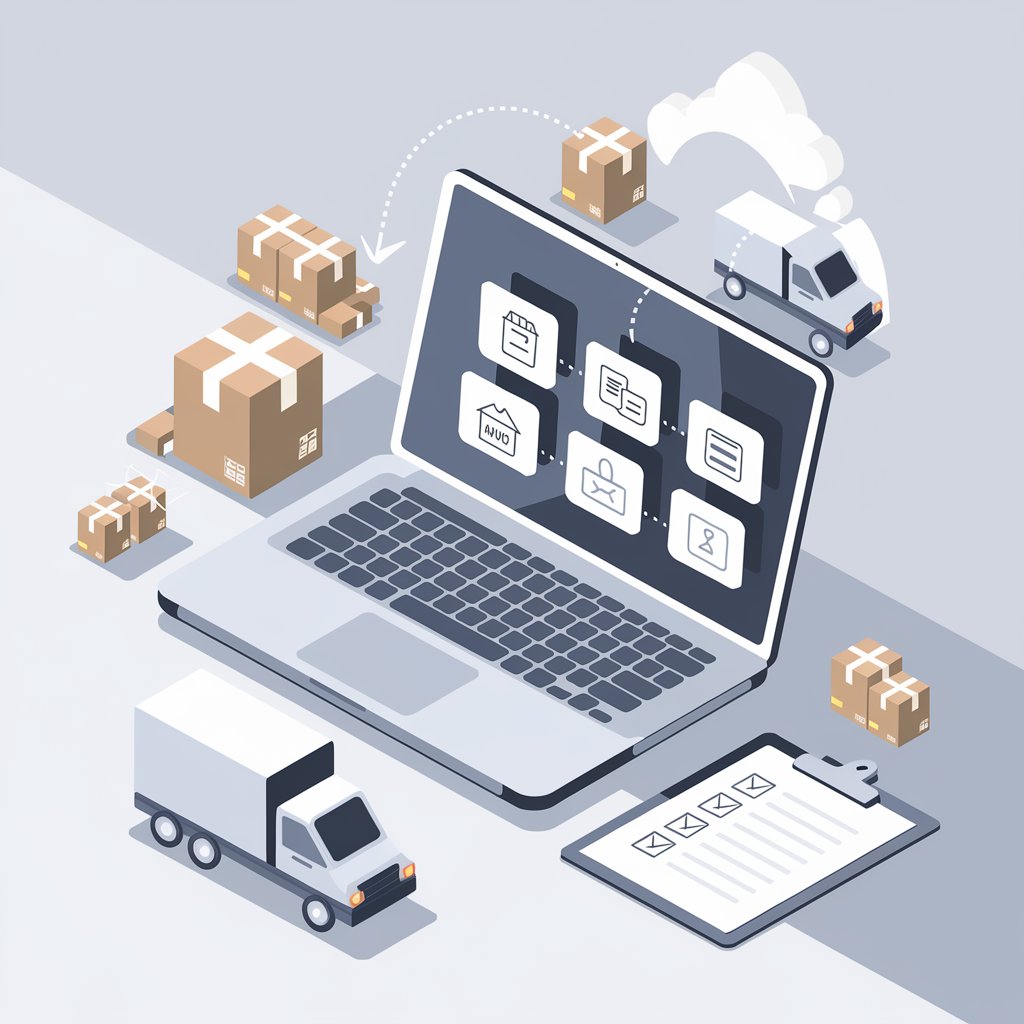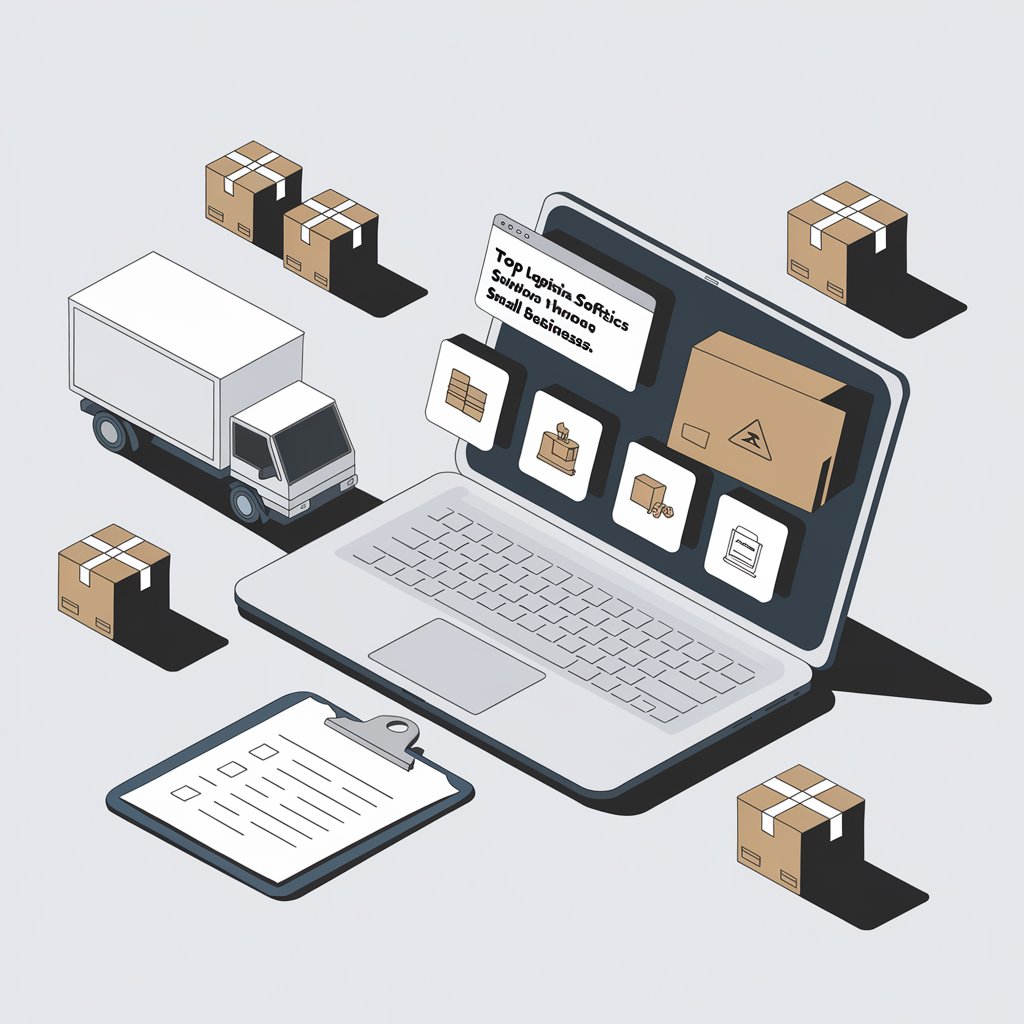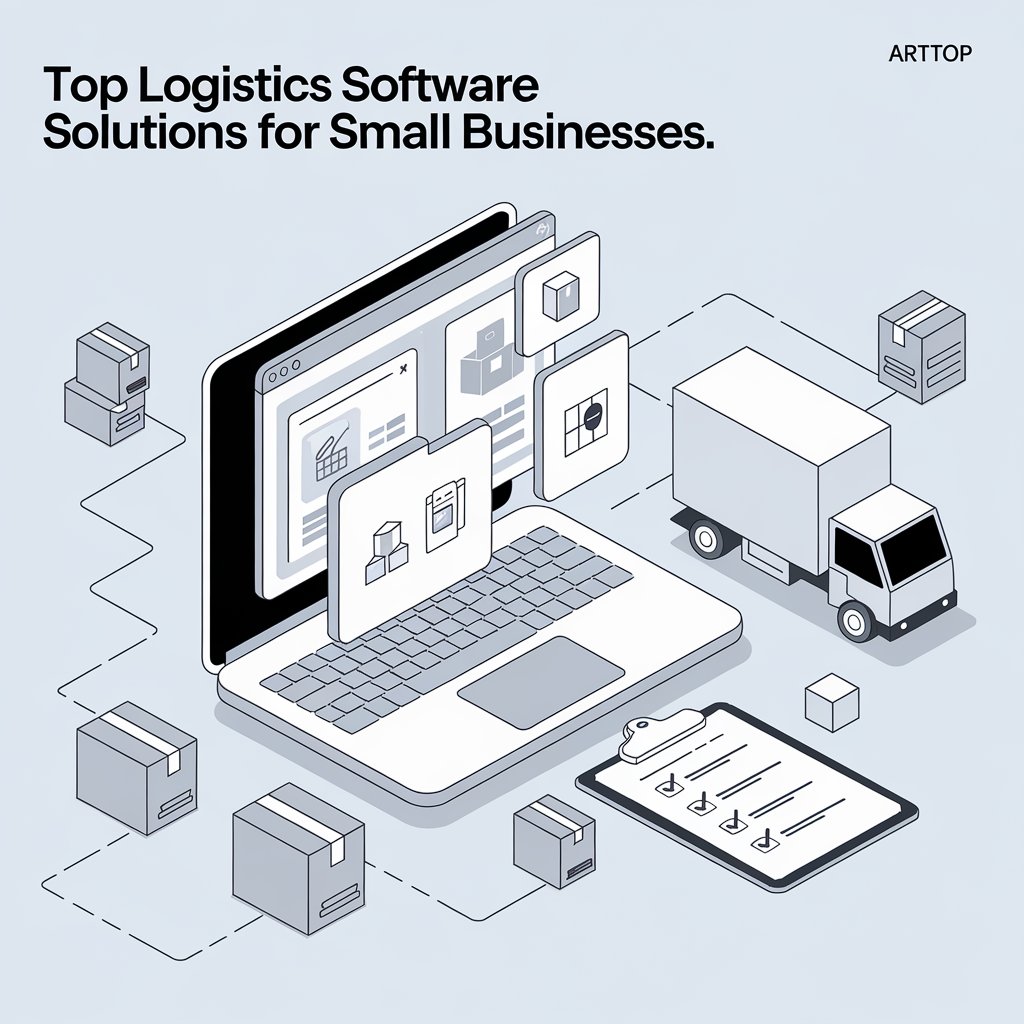Top Logistics Software Solutions for Small Businesses

1. Introduction to Logistics Software for Small Businesses
Small businesses often face unique challenges in managing their logistics, such as limited resources, high competition, and fluctuating customer demands. Logistics software helps overcome these challenges by automating and optimizing various processes, including inventory management, order tracking, shipping, and more.
2. Key Benefits of Logistics Software
- Cost Savings: Automates routine tasks and optimizes routes to save on fuel and labor costs.
- Improved Efficiency: Streamlines operations, reducing manual errors and delays.
- Better Customer Service: Enhances tracking and delivery capabilities, improving the customer experience.
- Scalability: Grows with your business, allowing you to handle increased demand effortlessly.
- Real-Time Insights: Provides data-driven insights for better decision-making.
3. Essential Features of Logistics Software for Small Businesses
- Order and Inventory Management: Tracks stock levels and automates replenishment.
- Shipping and Delivery Tracking: Provides real-time updates on shipments.
- Route Optimization: Ensures cost-effective and timely deliveries.
- Integration Capabilities: Connects seamlessly with accounting, CRM, and e-commerce platforms.
- User-Friendly Interface: Simplifies adoption for businesses with limited technical expertise.

4. Top Logistics Software Solutions for Small Businesses
Software A
- Features: Order tracking, real-time analytics, route optimization.
- Best For: Small businesses with frequent shipping needs.
- Pricing: Starts at $29/month.
Software B
- Features: Inventory management, barcode scanning, integration with e-commerce platforms.
- Best For: Retailers and e-commerce businesses.
- Pricing: Free trial available; paid plans from $49/month.
Software C
- Features: Warehouse management, multi-channel shipping, and reporting tools.
- Best For: Small manufacturers and wholesalers.
- Pricing: Custom pricing based on business needs.
Software D
- Features: Delivery scheduling, fleet management, customer notifications.
- Best For: Local delivery businesses and logistics startups.
- Pricing: Starts at $35/month per user.
5. How to Choose the Right Logistics Software
- Understand Your Needs: Identify pain points in your current logistics process.
- Set a Budget: Determine what you can afford without compromising essential features.
- Look for Scalability: Choose software that can grow with your business.
- Read Reviews and Testimonials: Learn from the experiences of other small businesses.
- Request Demos: Test software solutions to evaluate their usability and functionality.

6. Implementation Tips for Small Businesses
- Start with Training: Ensure your team understands how to use the software effectively.
- Integrate Systems: Connect the software with existing tools like your CRM or accounting system.
- Monitor Performance: Track key metrics to measure the impact of the software.
- Seek Support: Choose a provider with excellent customer support to address any issues.

7. The Role of Linbis Software in Logistics for Small Businesses
Linbis is a leading logistics software tailored to the needs of small businesses. It offers:
- Comprehensive Features: Inventory management, order tracking, and route optimization.
- Affordability: Flexible pricing plans to suit small business budgets.
- Integration Capabilities: Seamless connection with e-commerce, accounting, and CRM platforms.
- Real-Time Insights: Advanced analytics for better decision-making.
By adopting Linbis, small businesses can streamline their operations and stay competitive in the logistics industry.
Future Trends in Logistics Software
- AI and Machine Learning: For predictive analytics and smarter route optimization.
- IoT Integration: Enhanced tracking through smart devices.
- Sustainability Features: Tools to track and reduce carbon emissions.
- Mobile-First Solutions: Apps designed for on-the-go logistics management.
Conclusion
Logistics software is no longer a luxury for small businesses—it’s a necessity. By investing in the right solution, small businesses can save costs, improve efficiency, and enhance customer satisfaction.
Explore options like Linbis and other top software solutions to find the best fit for your business needs. With careful planning, implementation, and the right tools, your small business can achieve logistics excellence and thrive in a competitive market.
